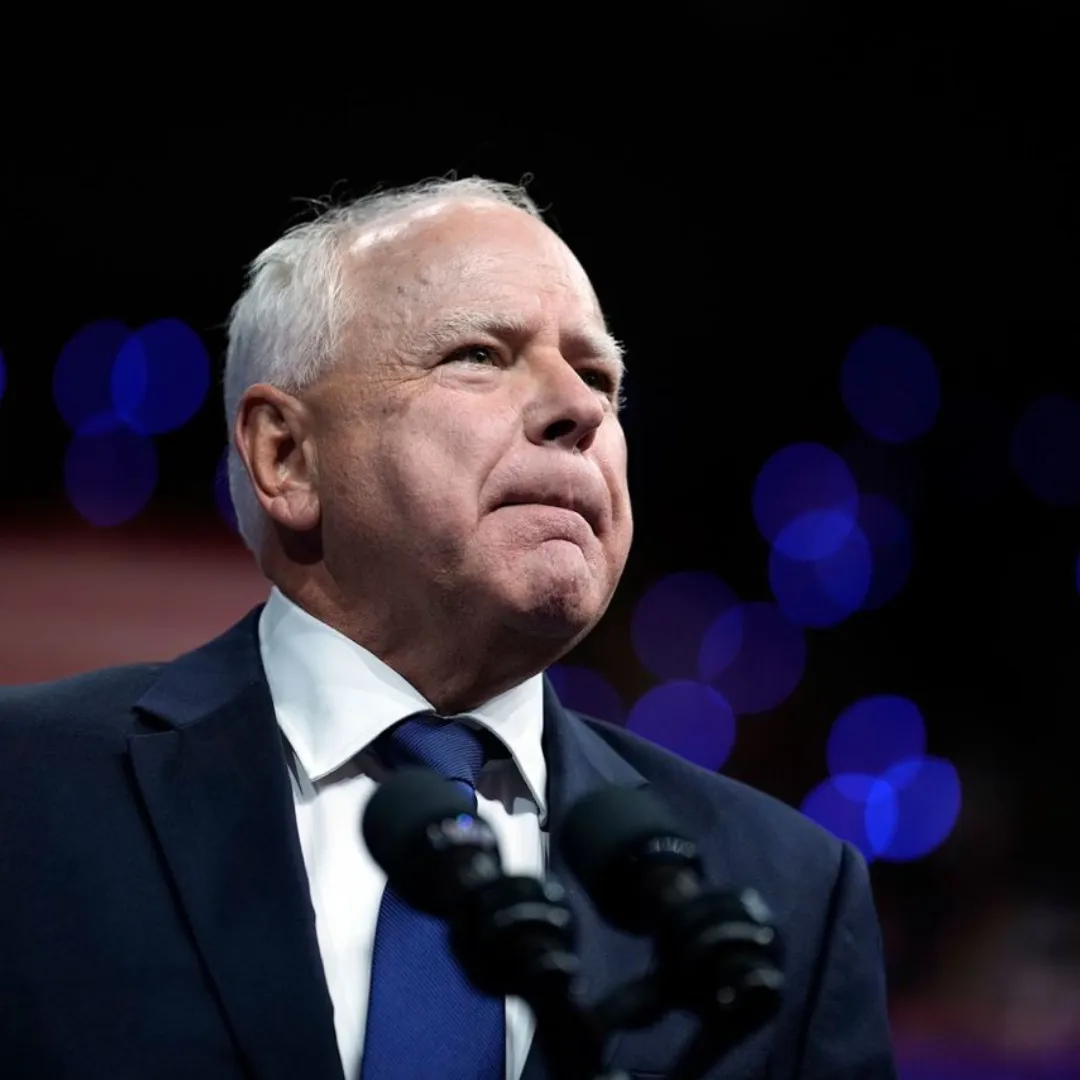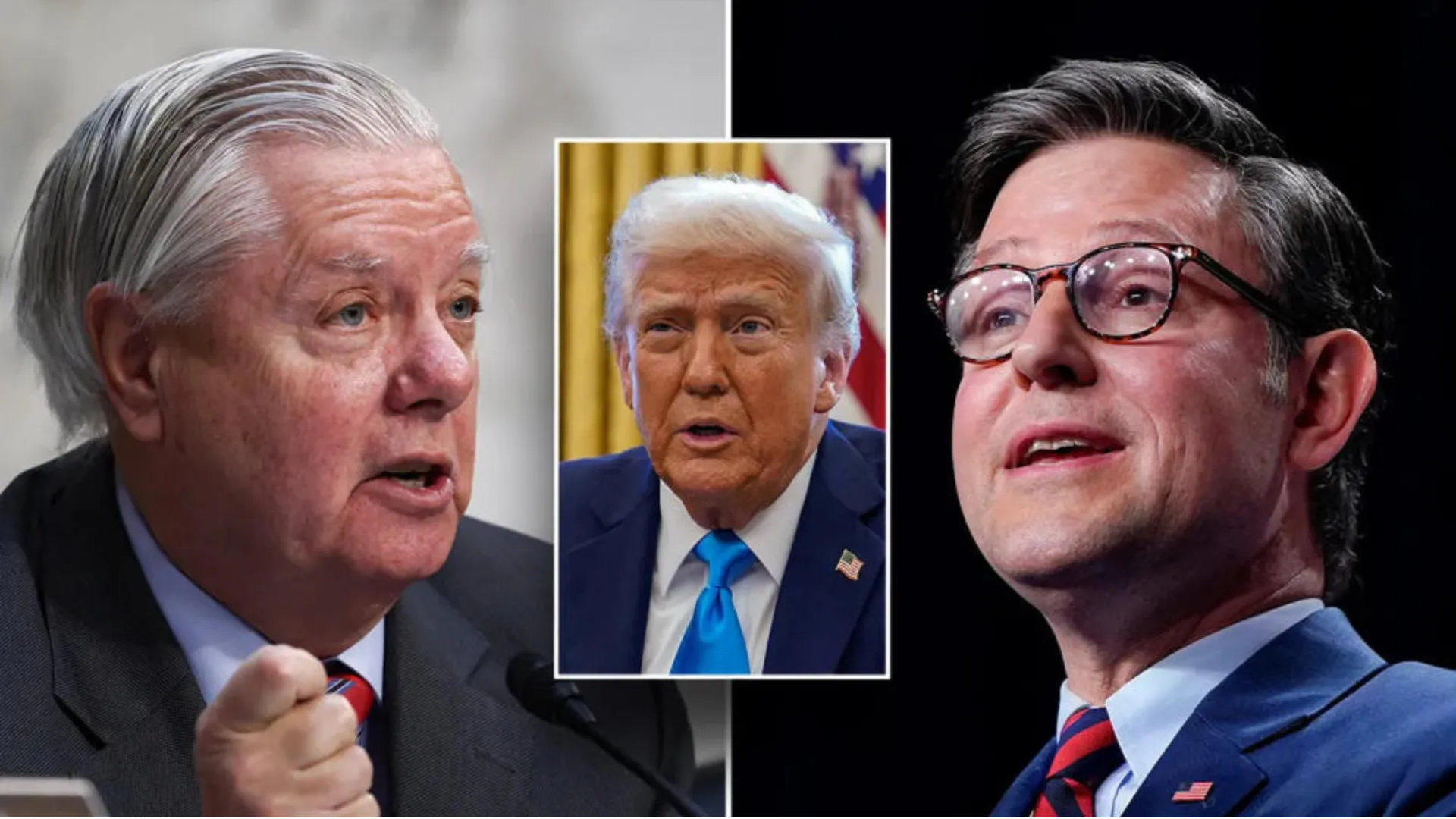
In a dramatic shakeup inside the nation’s top health institutions, Dr. Peter Marks, one of the most respected figures in American vaccine regulation, resigned from his position as head of the Food and Drug Administration’s (FDA) Center for Biologics Evaluation and Research (CBER).
Marks cited his deep concerns over what he described as Health and Human Services (HHS) Secretary Robert F. Kennedy Jr.’s spread of misinformation and a disregard for scientific truth and transparency.
The resignation marks a significant turning point in the Biden-Trump era of public health, signaling growing tensions between career scientists and political leadership within the federal health apparatus.
According to multiple reports, Marks was given an ultimatum on Friday: resign or be terminated. He chose the former and submitted a two-page resignation letter that was later leaked to major media outlets.

In the letter, which was addressed to acting FDA Commissioner Sara Brenner, Marks didn’t mince words.
He wrote that while he was initially “willing” to work with Secretary Kennedy to address his concerns about vaccine transparency and safety, it quickly became clear that the administration was not genuinely interested in fact-based dialogue.
“Truth and transparency are not desired by the Secretary,” Marks wrote, “but rather he wishes subservient confirmation of his misinformation and lies.”
The FDA has not publicly commented on Marks’ departure, but several senior officials within the agency reportedly expressed dismay behind the scenes, calling his resignation a “loss for science” and a “troubling signal” of how science is being sidelined in health policy discussions.
Dr. Peter Marks has served in the FDA since 2012. In 2016, he became the director of CBER, the division responsible for ensuring the safety and efficacy of biologic products—including vaccines, allergenic products, blood components, and gene therapies.

Under his leadership, CBER played a crucial role in the response to the COVID-19 pandemic.
Marks was a driving force behind the emergency use authorization and eventual approval of COVID-19 vaccines.
He also played a leading role in Operation Warp Speed, the public-private partnership launched during President Trump’s first term to accelerate the development, production, and distribution of COVID-19 vaccines.
Holding both an M.D. and a Ph.D. from New York University, Marks is widely regarded in the biomedical community for his scientific integrity and dedication to public health.
Marks’ resignation shines a spotlight on the broader concerns regarding the direction of U.S. health policy under HHS Secretary Robert F. Kennedy Jr., a controversial figure known for his longstanding criticism of vaccines.
Since taking the helm at HHS, Kennedy has sought to “restructure” the department, a plan that includes laying off 10,000 workers and offering buyouts or early retirement to another 10,000.

Kennedy’s defense for these cuts, offered in a recent interview on NewsNation, is that the agency is not laying off front-line health workers but rather “administrators.”
He claims the restructuring will make the department more efficient and responsive to public health concerns.
However, critics argue that the shake-up is gutting scientific capacity and institutional memory at a time when the nation faces mounting public health threats—from infectious diseases to vaccine hesitancy.
Marks also criticized Kennedy for “undermining confidence” in the measles vaccine at a time when the United States is facing a new outbreak of the disease.
There have been more than 400 confirmed cases of measles in Texas alone, and public health officials are worried that vaccine skepticism could lead to the reemergence of diseases that were once largely eradicated in the U.S.
“Undermining confidence in well-established vaccines that have met the high standards for quality, safety, and effectiveness that have been in place for decades at FDA is irresponsible, detrimental to public health, and a clear danger to our nation’s health, safety, and security,” Marks wrote.

The resignation of Marks underscores a deepening divide between scientific institutions and political appointees.
In the past, disagreements between scientists and political leadership were often managed behind closed doors. But Marks’ decision to publicly call out the HHS Secretary for spreading misinformation is a rare and bold move, reflecting the frustration felt by many within the public health community.
While Kennedy has framed his agenda as pro-transparency and pro-accountability, his critics argue that his views on vaccines are not only scientifically unsound but also dangerous.
His questioning of the effectiveness of childhood vaccinations and COVID-19 vaccines has drawn sharp condemnation from the medical establishment.
Kennedy recently announced plans to create a specialized agency within the Centers for Disease Control and Prevention (CDC) that would focus on vaccine injury—a move that critics worry will amplify unfounded fears about vaccines rather than promote public understanding.
In the same NewsNation interview, Kennedy also emphasized his focus on long COVID and Lyme disease, calling them “priorities for the American people.”

While few disagree that more research is needed in those areas, public health experts fear that Kennedy is using fringe concerns to justify undermining mainstream vaccine science.
Dr. Marks’ departure raises serious questions about the future of vaccine oversight in the United States.
CBER is one of the most important divisions within the FDA, responsible for evaluating new vaccines and ensuring the safety of millions of doses administered each year.
His exit could create a leadership vacuum at a time when public trust in vaccines is already under pressure.
It is unclear who will replace Marks, but his resignation could discourage other seasoned scientists from taking the role, especially if they believe that scientific expertise will be ignored or undermined by political leadership.
Public health officials are closely watching how the FDA will handle the transition and whether the administration will prioritize science or politics in its next appointment.

In his letter, Marks ended on a hopeful yet pointed note:
“My hope is that during the coming years, the unprecedented assault on scientific truth that has adversely impacted public health in our nation comes to an end so that the citizens of our country can fully benefit from the breadth of advances in medical science.”
His words echo a broader concern that misinformation—especially when coming from positions of authority—can be more than just politically damaging; it can be deadly



